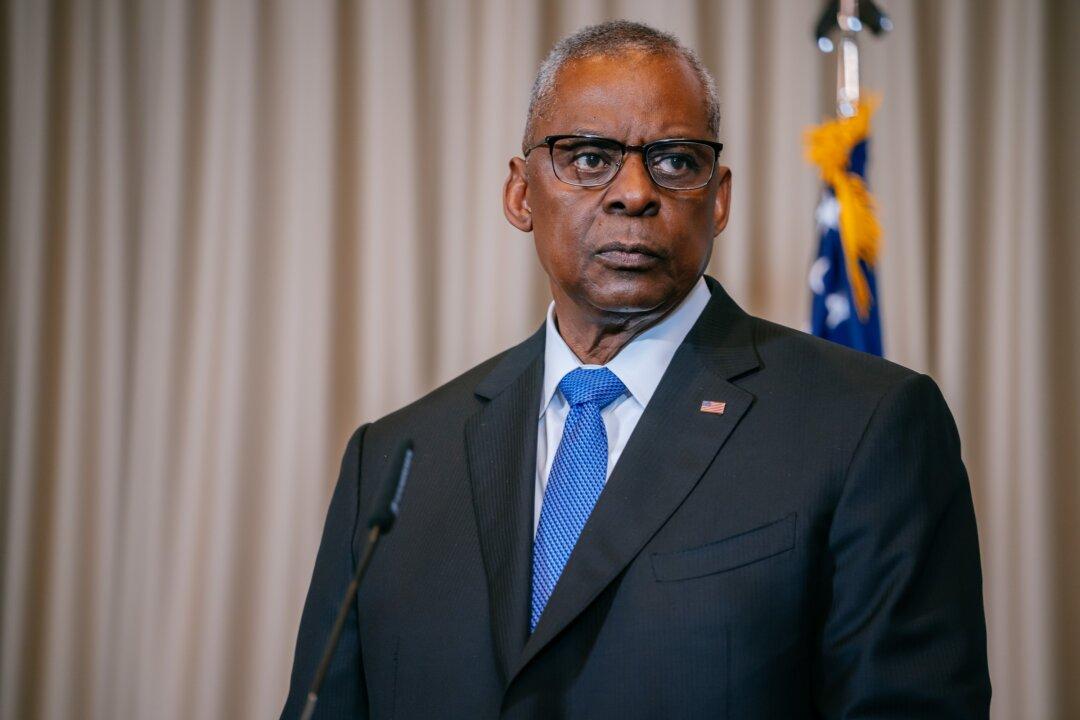Israel and the United States have a “moral imperative” and a “shared strategic interest” in protecting Palestinian civilians amid the ongoing conflict in Gaza, U.S. Secretary of Defense Lloyd Austin said on March 26.
Mr. Austin made the comments during a meeting at the Pentagon with Israeli Minister of Defense Yoav Gallant in which they explored a range of issues from military operations in Rafah and the worsening humanitarian situation across Gaza to threats to regional security.




